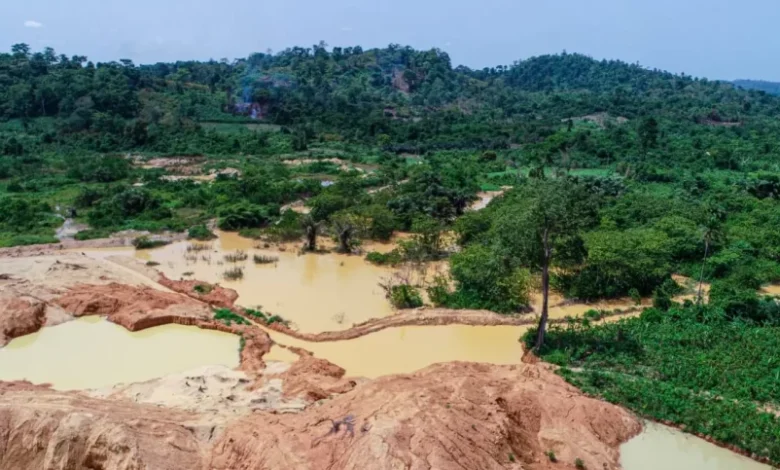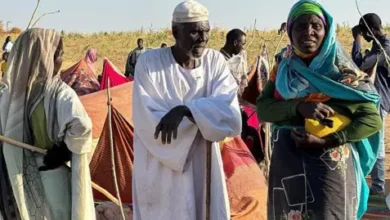
Tom Norring, the outgoing Danish Ambassador to Ghana, has sounded the alarm on the severe and growing threat that illegal small-scale mining, known locally as galamsey, poses to the country’s environment, economy, and public health.
Ambassador Norring described the galamsey crisis as “humongous” and far beyond what technology alone can resolve.
“We do have companies that can deliver technology, but it’s not the solution to the whole problem—it’s massive,” he said. “In 10 years, I don’t even want to imagine the consequences if it’s not dealt with.”
While acknowledging government efforts to curb illegal mining, he stressed that sustainable change will require a more holistic approach. Norring emphasized the need for alternative methods that reduce environmental damage, particularly water pollution, but noted that high operational costs remain a key obstacle to legal small-scale mining.
“The cost difference between operating legally and illegally is huge. That’s a major part of the challenge Ghana has to solve,” he said.
He also underlined the wider impact of galamsey beyond environmental degradation, pointing to legal, social, and economic concerns.
“This isn’t just about pollution or deforestation—it’s also about law enforcement, governance, and the thousands who depend on illegal mining for survival,” he noted.
Despite multiple government interventions over the years, illegal mining continues to destroy forest reserves and contaminate key water sources. In an effort to boost enforcement, the current administration has launched the Blue Water Guards, a citizen-led initiative designed to support government and security agencies by reporting illegal mining activities.
Ambassador Norring, who ends his tenure in Ghana this month, urged authorities to intensify efforts before the environmental toll becomes irreversible.
“Some of the steps being taken now may help,” he said. “But the urgency cannot be overstated.”



